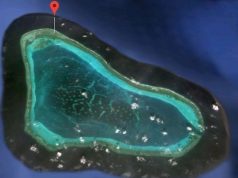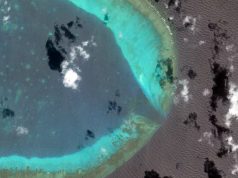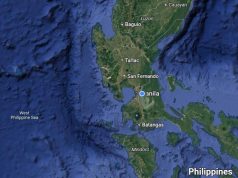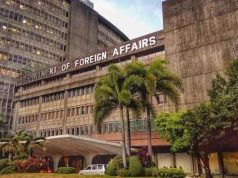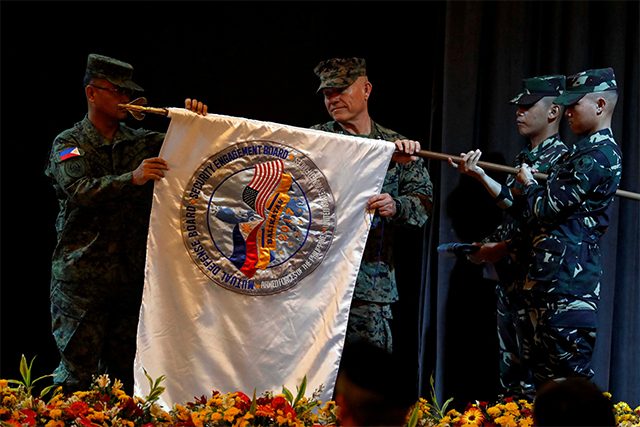
MANILA —The United States military presence in Asia is needed as rivalry between Washington and Beijing intensifies, the Philippines‘ foreign minister said on Wednesday.
The two powers are arguing over issues from trade to what the United States sees as aggressive moves by China’s armed forces, especially in the disputed South China Sea and around Chinese-claimed Taiwan.
“We have a balance of power situation,” Foreign Minister Teodoro Locsin said in an interview with ANC News Channel. “We need the U.S. presence in Asia”.
The United States has long opposed China’s territorial claims on the South China Sea, regularly sending warships to demonstrate freedom of navigation there.
It hardened its position last month by rejecting Chinese maritime claims in the South China Sea, a move which China condemned.
Locsin said it would be in the Philippine’s interest for the the United States to maintain its military presence in the region and he reiterated the country “never stopped cooperation” with its long-time security ally.
In June, President Rodrigo Duterte suspended his decision to scrap a two-decade-old troop deployment agreement with the United States that has given the Philippines access to scores of annual training exercises, including expertise in tackling Islamist militants and maritime threats.
The U.S. military also formerly had two huge military bases in the Philippines – Subic Bay and Clark – but was evicted from them in 1992.
The two countries revived close ties from 2000 with war games, frequent visits and by helping against communist and Muslim insurgents. The Philippines has lodged several diplomatic protests against what it sees as provocative Chinese activities in disputed sea, the latest filed against what it said was China’s illegal confiscation of equipment from Filipino fisherman in a disputed lagoon.
“I was very firm about protecting what was ours. I was very firm about never bending a knee to China,” Locsin said.
China claims historic ownership of most of the South China Sea using old maps that it says are proof of sovereignty. Vietnam, Malaysia, Brunei and Taiwan also have claims.
Vietnam on Wednesday accused China of violating its sovereignty by conducting military drills in a disputed part of the South China Sea.
But while affirming the need for American military presence in the region, Philippines‘ Locsin said he would welcome economic opportunities offered by China.
—Reporting by Karen Lema; Editing by Angus MacSwan




